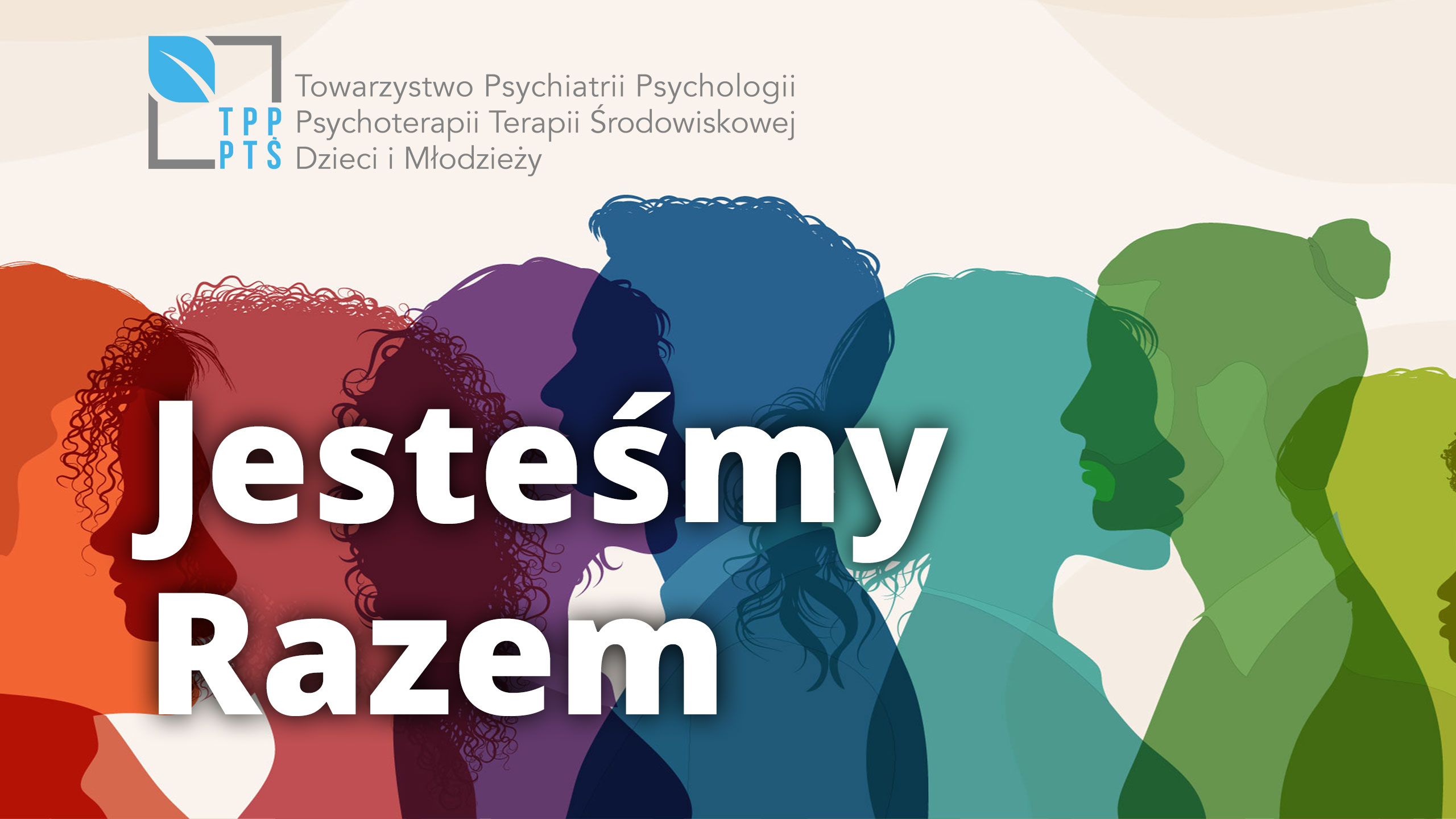Level of aggression and sense of control in self‑harming youth receiving psychiatric treatment
Agnieszka Gmitrowicz, Dorota Warzocha, Paweł Kropiwnicki
 Affiliacja i adres do korespondencji
Affiliacja i adres do korespondencjiActs of autoaggression are a more and more frequent reason for psychiatric hospitalisation of adolescents. Within the last years the number of patients committing acts of deliberate self‑harm without suicidal intensions almost doubled. Deliberate self‑harm (DSH) is defined as an act of direct destructiveness, in which a person wants to commit self‑harm immediately, without an intention of killing her/himself. In this paper we present the results of the study on the level and direction of aggression and the sense of control among inpatients (N=187) of the Department of Adolescent Psychiatry, Central University Hospital in Łódź. The studied group consisted of patients with deliberate self‑harm (DSH group, N=88), whereas the control group comprised the patients without such behaviours (non‑DSH group, N=99). For the study we recruited patients who were admitted to the hospital due to various mental disorders – 58 boys, mean age 16.81, SD=1.25, and 129 girls, mean age 16.5, SD=1.38. The mean age of all patients was 16.59 (SD=1.35). Patients with mental retardation were excluded from the study, due to expected difficulties with understanding the questions. We used the IPSA (Inventory of Psychological Syndrome of Aggression) and “Delta” (test invented by Drwal, designed for evaluation of the sense of control). In the DSH group we found a significantly higher level of aggression, directed both inwards and outwards, a greater tendency of retaliatory behaviours and by far lower sense of internal control of one’s behaviours, as compared to the non‑DSH group. Therapeutic programs for patients with DSH should aim at the reduction of aggression and the development of internal control over one’s behaviours.




















